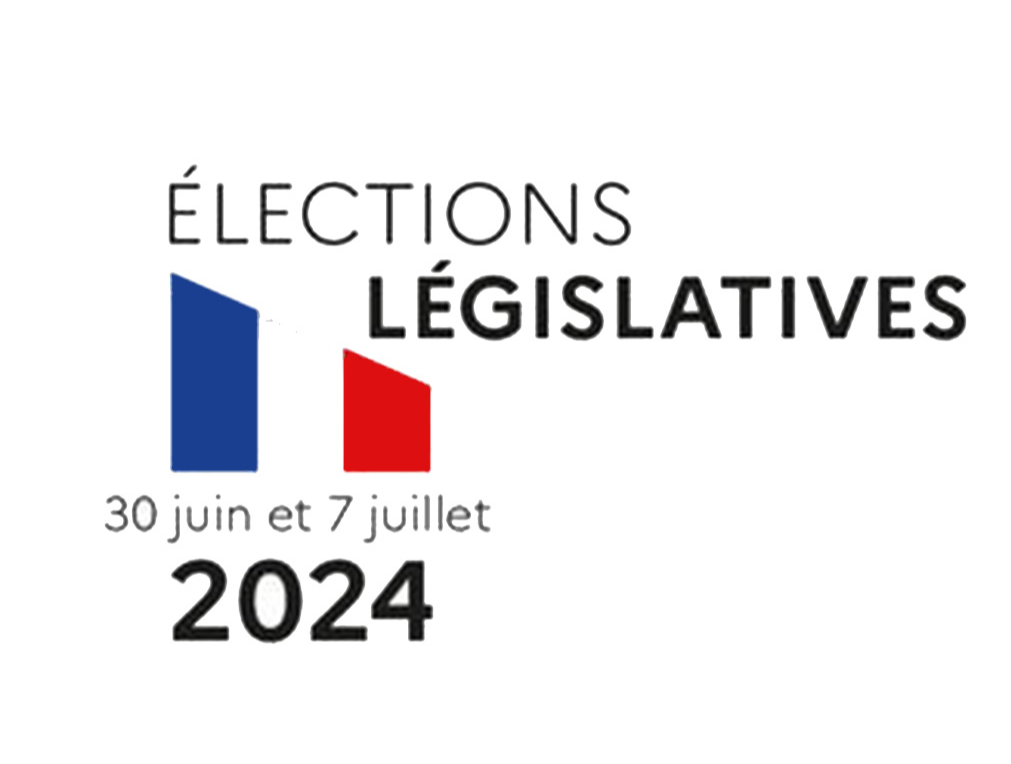
By Guillermo Alvarado
The French are just 10 days away from going to the first round of the early legislative elections, where more than the fate of Emmanuel Macron's government is at stake, because for the first time in the history of that country the extreme right could dominate the Parliament.
As is known, the Executive called early elections in the National Assembly, after the victory of the National Unification party, led by Marine le Pen, although its formal president is the current deputy Jordán Bardella, in the recent votes for the European Parliament.
The decision of the head of the Elysée Palace to call the polls was at least strange, just when his main adversary was coming off a resounding victory and his troops remained in a state of great exaltation.
Even his own followers, including the former prime minister, Édouard Philippe, accused the president of having killed the presidential majority that he enjoyed until today in the Chamber of Deputies, which allowed him to advance some controversial conservative bills. .
Voting intention polls seem to prove Macron's critics right so far.
Recent polls give National Unification 34 percent of the possible votes, followed by the broad coalition of the center and the left, New Popular Front, created just over a week ago, which garners 29 percentage points of support.
In third place is the Renaissance group, where the forces favorable to the Elysée are located, with 22 percent of sympathies.
The National Assembly is made up of 577 deputies and the majority necessary to approve decisions within it is 289 seats.
If the extreme right rises with this last number of members, it could impose the country's prime minister and force Macron to maintain what is called in that country as a cohabitation government, something that has only happened once. in the history of the Fifth French Republic.
Furthermore, if the New Popular Front obtains a high number of representatives and manages to keep the coalition together, they would keep the executive on the offensive for the rest of the presidential term.
As you can see, there are many implications that will be at stake on Sunday, June 30, with a second round on July 7 in cases where a winner has not been defined.
We cannot ignore that in Europe there is a significant drift towards the extreme right, which is already beginning to have effects in our region.

